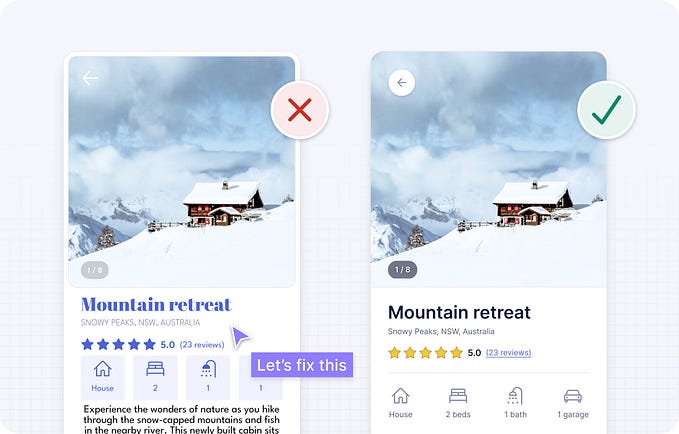Member-only story
Ways to Cut the Fluff in Your Writing
Give your reader’s brain a break. Share clear and concise content.

A colleague once shared with me his experience of briefs for government officials. Brief writers would write something like 5 pages.
Then the government official’s adviser would share a cutdown version while they were in the car on the way to an event.
It was like giving a brief on the brief. It sounds ridiculous, doesn’t it?
But I’m guilty of it sometimes. How about you?
I fluff to fill in the gaps. Because I’m used to using a phrase. Or because I haven’t spent enough time editing. When speaking it’s like waffling instead of getting to the point.
We need to write more concisely and clearly when we’ve got our reader’s attention for a short time. When we have limited space to share content such as on an app. An information kiosk. Or on an error message box.
Brains slurp energy
We need to choose fewer, better words so we don’t exhaust our readers. We need to write 50% less text online than we would write in print.
You see, it’s been found the brain constantly slurps up huge amounts of energy, more than any other human organ. It uses up to 20% of our body’s energy.
Eyes get tired online
What’s also been found is people read 25% slower online. Reading from screens is tiring for the eyes. So, people minimise the number of words they read hoping to maximise their understanding of the message.
Readers are busy
On top of that, how often are we reading what’s going on in your life? How do you feel when you come across roadblocks when trying to get a task done?
I feel frustrated and annoyed when I can’t quickly get the information I need. There are other things to do. Places to be. Things to plan, coordinate, and run. People to care for.
Like the government official who needed the gist of the brief quickly, our readers appreciate concise and clear content.
Concise, clear writing will help you sell that product, sell your idea, or help your users…










